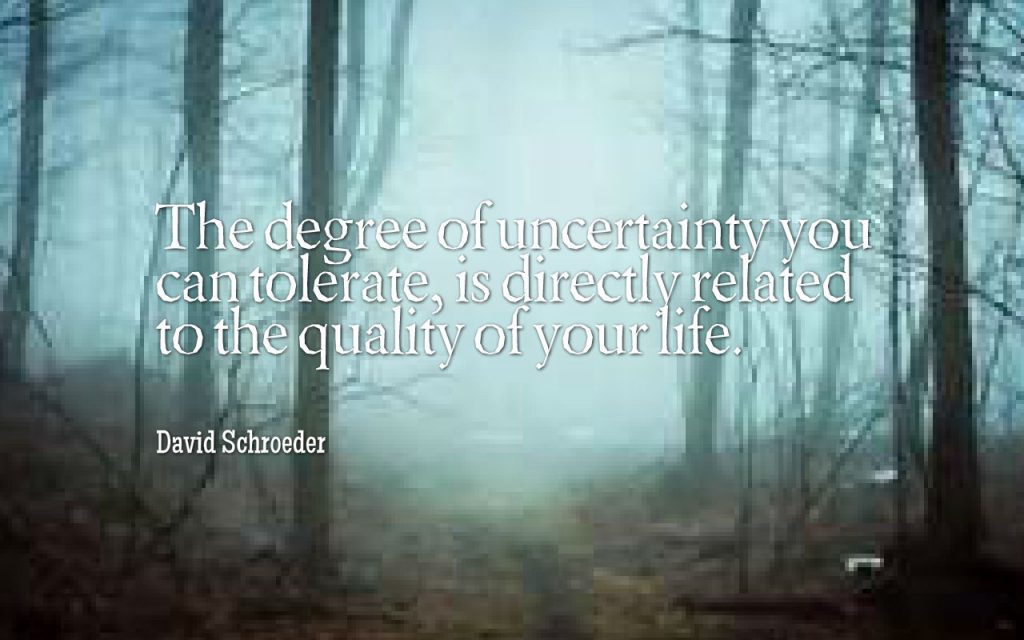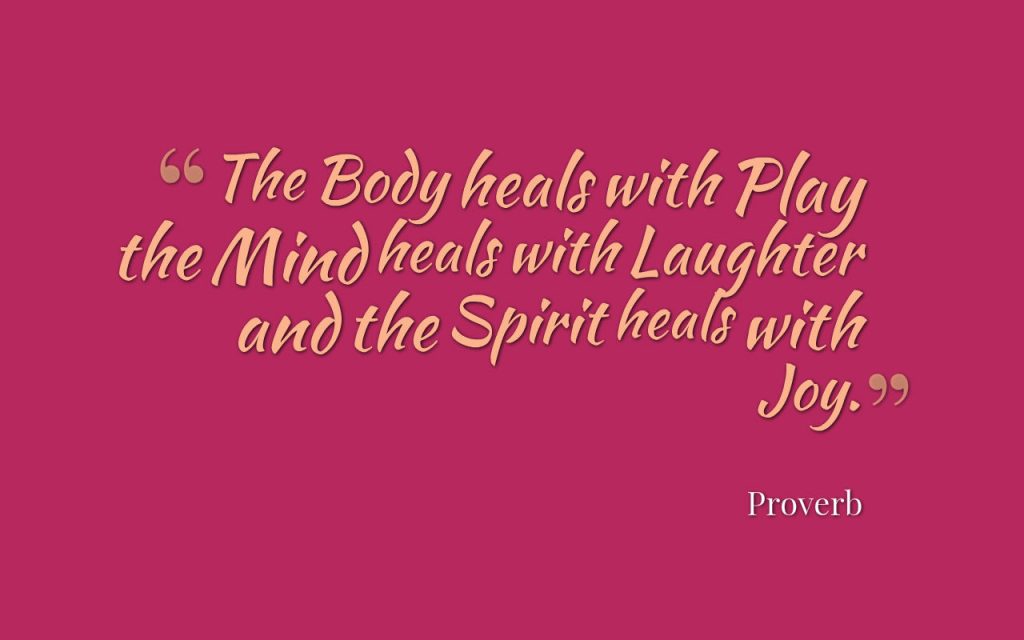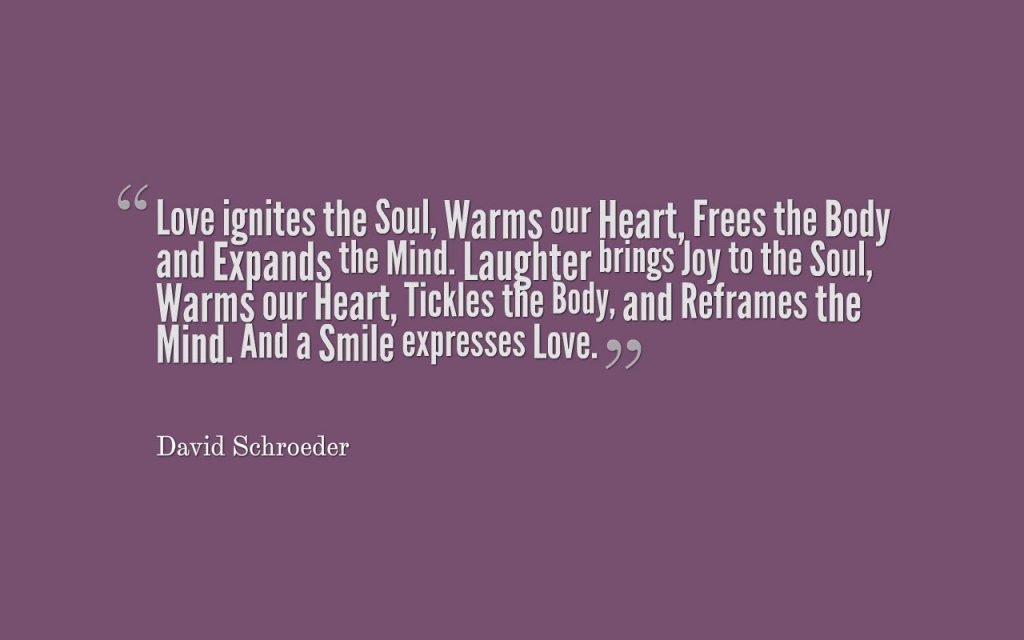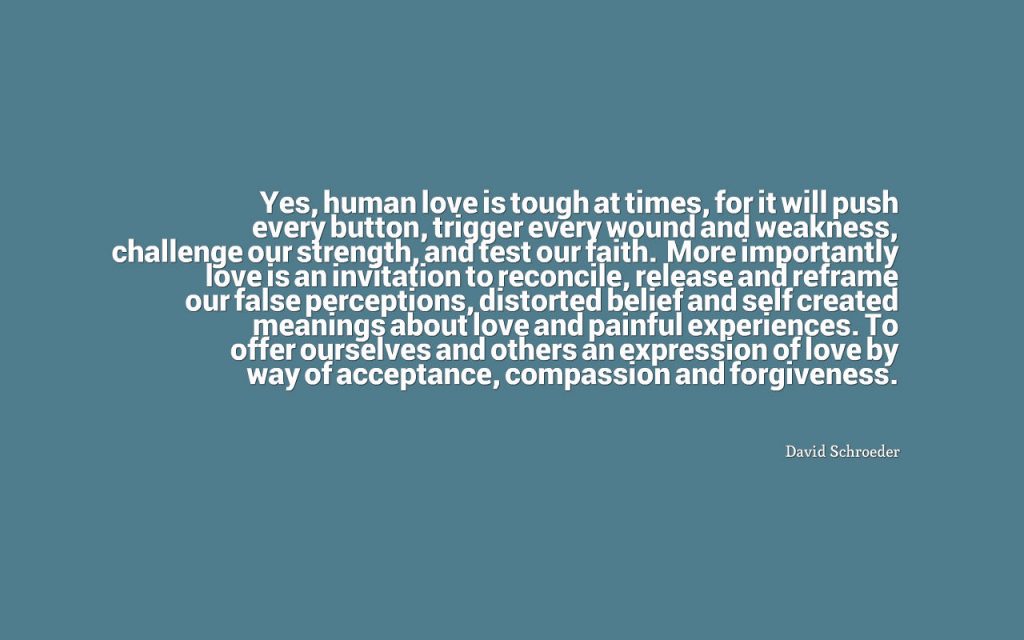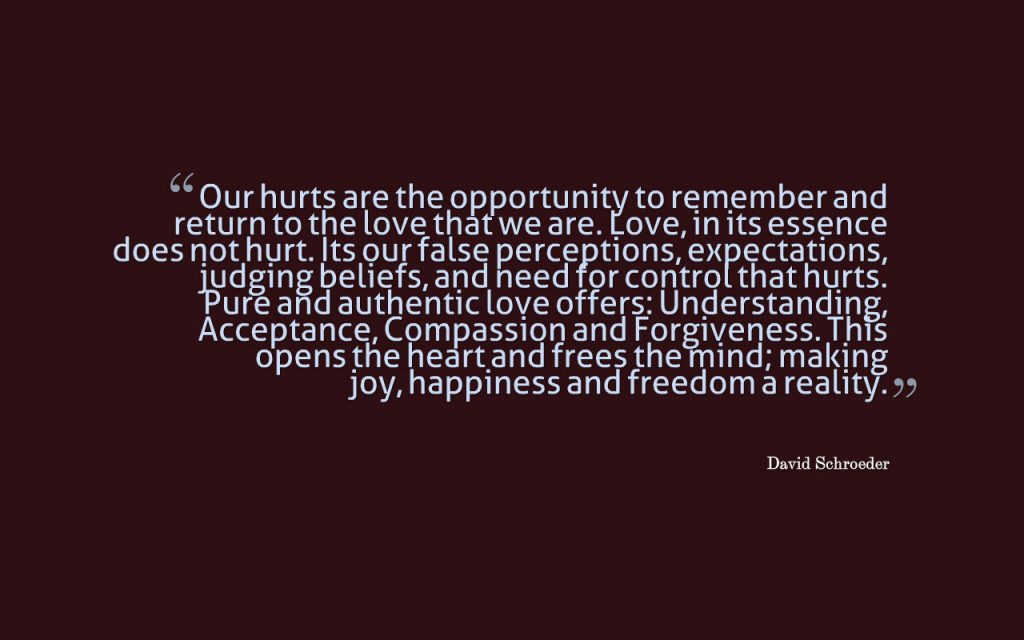In uncertain times, we struggle with trusting the process of life. We are fearful, so we want control, we want to know the outcome, yet we tend to predict a negative outcome ahead of time, while bypassing the process of “what is.” All this feeds our fear, the sense of powerlessness and loneliness, which fuels depression and anxiety.
 Could it be in these uncertain times, that our individual and collective shadow aspects are being exposed more than ever? Could it be the contrast of light as love and dark as fear, is coming more to the forefront; to be recognized and reconciled within us individually and collectively? Sure seems like it to me, how about you?
Could it be in these uncertain times, that our individual and collective shadow aspects are being exposed more than ever? Could it be the contrast of light as love and dark as fear, is coming more to the forefront; to be recognized and reconciled within us individually and collectively? Sure seems like it to me, how about you?
Transformation and growth always comes from the uncertainty and the struggle. Creation and renewal comes from darkness.
Uncertainty, is a lesson and opportunity to practice Acceptance. So in uncertain times, we are called to the act of acceptance. Acceptance doesn’t mean you like or agree with “what is.” Acceptance, is to just be present to it. To be in the thoughts and behaviors of love and compassion with what is, rather than fear, resistance and resentment.
When we resist, deny, avoid or blame, we delay the opportunity for our happiness and growth.
If we are unhappy and unfulfilled: we haven’t asked and more importantly answered an important question: What’s happened in my life that I’m not accepting?
Acceptance is to ride the wave of uncertainty, without losing yourself in the unknown of what is. Acceptance is shedding our will and way, and aligning with the divine power and will. With the knowing, we will gain more than lose, as we trust and allow in the power greater than ourselves. 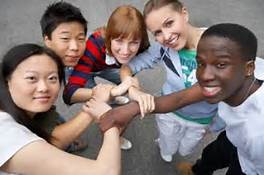
Acceptance is getting to know and understand our neighbor, from their perspective, not just our own. To respond, rather than react to differences and conflict.
The following are 12 Benefits, of why Acceptance is Powerful and of Value:
1. Acceptance is a sign of spiritual maturity.
2. Acceptance is being present and mindful to an experience without being defined by the experience.
3. Willingness and understanding lead the way to acceptance. Acceptance is wisdom in action.
4. It embraces the acts of spiritual surrender and willingness of “what is” creating realistic neutrally and non-attachment to experiences.
5. Acceptance, as spiritual surrender; magnifies our connection to the divine, and to love. Which restores hope, and allows for a higher meaning to life experiences.
6. Acceptance is an act of love and courage. Accept the things I cannot change, and the courage to change what I can. Furthermore, it moves you from powerless to Empowerment.
7. Acceptance transcends denial, creates emotional calm and inner peace. In addition, it widens one’s perception.
8. What we Accept – we Conquer. What we resist – will Persist.
9. Acceptance is a forward moving energy. It allow us the opportunity to rise above our struggles.
10. The willingness to accept another’s and our own imperfections, is to discover the perfection. Perfection in divine terms means: To have Compassion for. The divine has compassion for all that is.
11. Acceptance leads to Compassion, which allows for Forgiveness or Reconciliation.
12. Acceptance begins to transform fear, sorrow and bondage to love, joy and freedom.
With acceptance, comes tolerance, resilience and confidence to weather life’s uncertainties and difficulties. I close with my quote, which seems to fit during times of uncertainty. Realize, the choice is always ours, as to who and how we want to be in times of uncertainty. I choose Understanding, Acceptance, Compassion and Forgiveness, for they equal the power of Love!
Are you struggling with accepting some life experiences? Are you anxious and/or overwhelmed by change or uncertainty? Help is just a phone call or email away. Please contact David Schroeder if you would like assistance with your acceptance and change issues; and how to work through them. David offers life transition and spiritual growth counseling and coaching session’s in-person, by phone or Skype. Visit his website at transitionpathways.com. Asking for help is not a sign of weakness. It’s a sign of strength, a healthy and assertive way to help yourself and move through life transitions.
David Schroeder, LMSW, CPC from Grand Rapids, MI., is a licensed and spiritual social worker, certified life transition coach, and author of Just Be Love: Messages on the Spiritual and Human Journey. His practice, Transition Pathways helps people find healthy pathways to love, greater awareness and higher potential. David’s book, Just Be Love is available for purchase through the publisher: Global Summit House email: infoglobalsummithouse.com and Amazon.com. If you would like an autograph copy of his book, contact David by email: [email protected]


